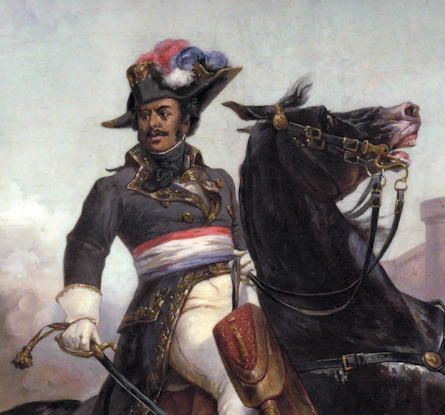On going home, the two friends found a letter from Athos, who desired them to meet him at the Grand Charlemagne on the following day.
The friends went to bed early, but neither of them slept. When we arrive at the summit of our wishes, success has usually the power to drive away sleep on the first night after the fulfilment of long cherished hopes.
The next day at the appointed hour they went to see Athos and found him and Aramis in traveling costume.
“What!” cried Porthos, “are we all going away, then? I, so, have made my preparations this morning.”
“Oh, heavens! yes,” said Aramis. “There’s nothing to do in Paris now there’s no Fronde. The Duchess de Longueville has invited me to pass a few days in Normandy, and has deputed me, while her son is being baptized, to go and prepare her residence at Rouen; after which, if nothing new occurs, I shall go and bury myself in my convent at Noisy-le-Sec.”
“And I,” said Athos, “am returning to Bragelonne. You know, dear D’Artagnan, I am nothing more than a good honest country gentleman. Raoul has no fortune other than I possess, poor child! and I must take care of it for him, since I only lend him my name.”
“And Raoul--what shall you do with him?”
“I leave him with you, my friend. War has broken out in Flanders. You shall take him with you there. I am afraid that remaining at Blois would be dangerous to his youthful mind. Take him and teach him to be as brave and loyal as you are yourself.”
“Then,” replied D’Artagnan, “though I shall not have you, Athos, at all events I shall have that dear fair-haired head by me; and though he’s but a boy, yet, since your soul lives again in him, dear Athos, I shall always fancy that you are near me, sustaining and encouraging me.”
The four friends embraced with tears in their eyes.
Then they departed, without knowing whether they would ever see each other again.
D’Artagnan returned to the Rue Tiquetonne with Porthos, still possessed by the wish to find out who the man was that he had killed. On arriving at the Hotel de la Chevrette they found the baron’s equipage all really and Musqueton on his saddle.
“Come, D’Artagnan,” said Porthos, “bid adieu to your sword and go with me to Pierrefonds, to Bracieux, or to Du Vallon. We will grow old together and talk of our companions.”
“No!” replied D’Artagnan, “deuce take it, the campaign is going to begin; I wish to be there, I expect to get something by it.”
“What do you expect to get?”
“Why, I expect to be made Marechal of France!”
“Ha! ha!” cried Porthos, who was not completely taken in by D’Artagnan’s Gasconades.
“Come my brother, go with me,” added D’Artagnan, “and I will see that you are made a duke!”
“No,” answered Porthos, “Mouston has no desire to fight; besides, they have erected a triumphal arch for me to enter my barony, which will kill my neighbors with envy.”
“To that I can say nothing,” returned D’Artagnan, who knew the vanity of the new baron. “Then, here’s to our next merry meeting!”
“Adieu, dear captain,” said Porthos, “I shall always be happy to welcome you to my barony.”
“Yes, yes, when the campaign is over,” replied the Gascon.
“His honor’s equipage is waiting,” said Musqueton.
The two friends, after a cordial pressure of the hands, separated. D’Artagnan was standing at the door looking after Porthos with a mournful gaze, when the baron, after walking scarcely more than twenty paces, returned--stood still--struck his forehead with his finger and exclaimed:
“I recollect!”
“What?” inquired D’Artagnan.
“Who the beggar was that I killed.”
“Ah! indeed! and who was he?”
“‘Twas that low fellow, Bonancieux.”
And Porthos, enchanted at having relieved his mind, rejoined Musqueton and they disappeared around an angle of the street. D’Artagnan stood for an instant, mute, pensive and motionless; then, as he went in, he saw the fair Madeleine, his hostess, standing on the threshold.
“Madeleine,” said the Gascon, “give me your apartment on the first floor; now that I am a captain in the royal musketeers I must make an appearance; nevertheless, reserve my old room on the fifth story for me; one never knows what may happen.”
